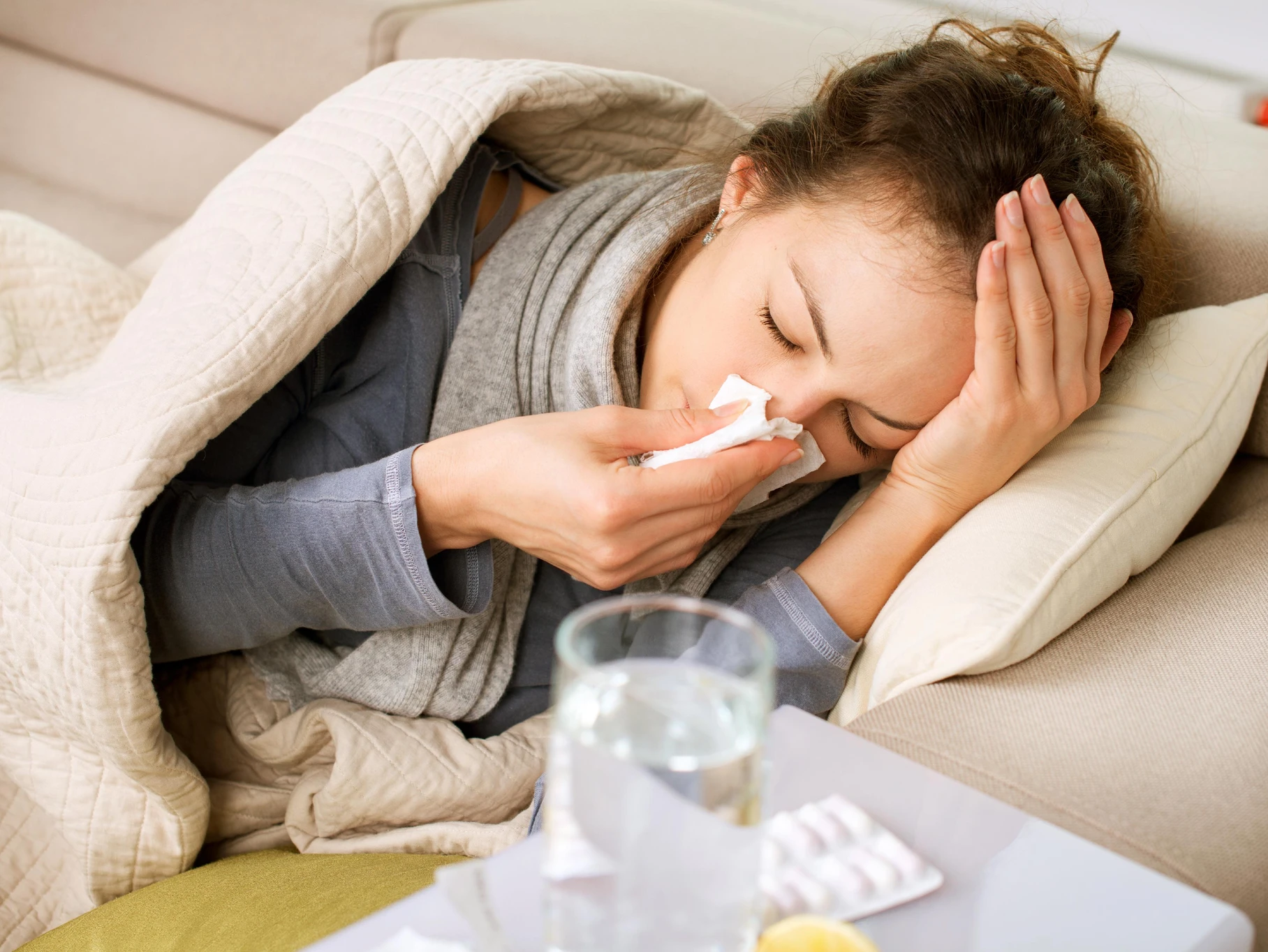By far the most common symptom we get at Immediate Care by Curewell in Downers Grove is the common cold & cough. Runny noses and persistent coughs have led to a lot of speculation and demand for COVID testing. Especially with Omicron was the topic du jour, we would get a flurry of patients testing themselves. I think it helped that we had curbside testing for COVID, flu, RSV, etc, but folks in the western suburbs including Hinsdale, Clarendon Hills, Westmont and Downers Grove were flocking to the clinic in droves. Is there a need to panic?

Colds and coughs are common respiratory illnesses that are caused by viral infections. They are usually mild and go away on their own within a few days to a week. However, in some cases, a cold or cough can lead to more serious complications.
Symptoms of a cold may include:
- Runny nose
- Nasal congestion
- Sneezing
- Sore throat
- Cough
- Headache
- Fever (rare in adults, more common in children)
- Body aches and pains
Symptoms of a cough may include:
- Persistent coughing
- Coughing up mucus (phlegm)
- Chest pain or discomfort
- Shortness of breath
- Difficulty sleeping due to coughing
Most colds and coughs are caused by viral infections and do not require antibiotic treatment. Over-the-counter cold and cough medications may help to alleviate symptoms, but they do not cure the illness. The best way to treat a cold or cough is to get plenty of rest, drink fluids to stay hydrated, and use over-the-counter pain relievers to manage any discomfort.
In most cases, a cold or cough will resolve on its own within a few days to a week. However, it is important to pay attention to your symptoms and see a doctor if they persist or if you experience any of the following:
- High fever (above 101°F)
- Chest pain or discomfort that is severe or worsening
- Shortness of breath that is severe or worsening
- Coughing up blood or yellow or green mucus
- Difficulty swallowing
- Persistent nausea or vomiting
- A weak immune system (due to a medical condition or treatment, such as chemotherapy)
These symptoms may indicate a more serious condition, such as pneumonia, bronchitis, or a lung infection, and may require medical treatment.
It is important to see a doctor if you have a cold or cough that lasts longer than a week or if you experience any of the above symptoms. Early treatment can help to prevent complications and ensure a quicker recovery.
In addition to seeking medical treatment when necessary, there are steps you can take to prevent the spread of colds and coughs:
- Wash your hands frequently with soap and water
- Avoid touching your face, especially your nose and mouth
- Cover your mouth and nose with a tissue when you cough or sneeze, and dispose of the tissue promptly
- Avoid close contact with people who are sick
- Stay home from work or school if you are sick
- Use a humidifier to add moisture to the air, which can help to relieve congestion
By following these steps, you can help to prevent the spread of colds and coughs and protect yourself and others from illness.







